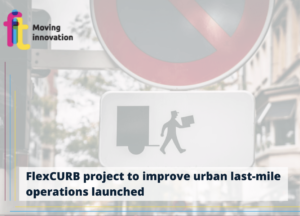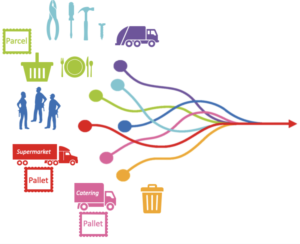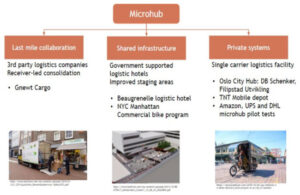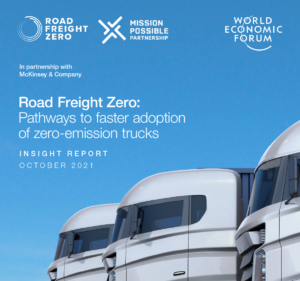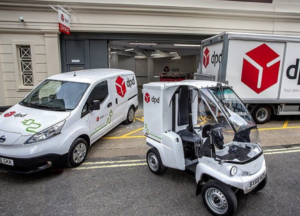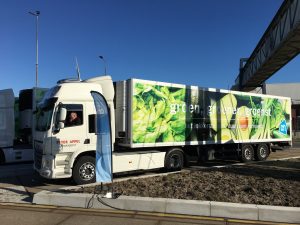Urban Consolidation Centres: from the perspective of suppliers

An Urban Consolidation Centre (UCC) can decrease the number of freight vehicles and their mileage in urban areas. In practice, however, UCCs often rely on subsidies and seldom make it past their starting period. Understanding how UCCs affect urban freight transport is mostly based on mathematical models and on the opinions of stakeholders who do …

